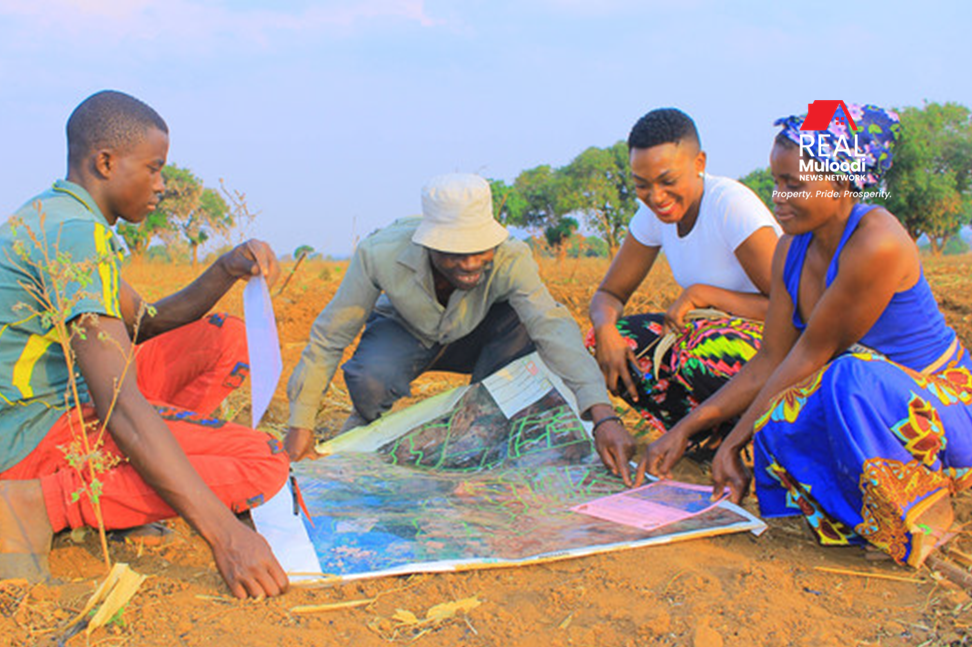UGANDA, Jinja | Real Muloodi News | During the third national multi-stakeholders dialogue on responsible land investments in Uganda, held at Jinja Nile Resort Hotel, stakeholders emphasised the importance of sensitising communities about their land and resource rights under the law.
Luigina Blaich, the coordinator of the rural development cluster at GIZ, a German development agency, highlighted the significance of access to land rights in rural economic development and stressed the need for responsible land investment.
The dialogue, themed “The Road to Responsible Investment in Land in Uganda. Where Are We?”, aimed to support partner countries in establishing the appropriate framework for land governance.
Attendees included resident district commissioners, civil servants, and politicians who engaged in discussions throughout the three-day event.
Before the dialogue, stakeholders visited the Busoga Forestry Company in Mayuge, where they observed a tree nursery bed.
They also interacted with the farming community in Buwerere Village and Walumbe fishing village.
Blaich reiterated that promoting land investment, access to land, and land rights is crucial for rural economic development and the growth of Uganda as a whole.
She emphasised that fostering these aspects will contribute to the flourishing and growth of the country’s rural economy.
Peace Nabakembo, the permanent secretary of the Ministry of Lands, Housing and Urban Development, highlighted the collaboration between the ministry and GIZ on the Responsible Land Policy in Uganda (RELAPU) program since 2015.
The program aims to promote formalised land use and ownership rights for smallholder farmers.
In 2019, RELAPU received additional funding from the European Union and the German government for the Responsible Governance of Investments in Land (RGIL) project, which involves district local governments, domestic investors, and locally affected land users in the Buganda, Teso, and Lango regions.
Nabakembo expressed gratitude to the European Union and the German government for their ongoing support of the land sector and for funding the project.
She also acknowledged GIZ’s role in spearheading necessary reforms, particularly the review of the National Land Policy.
Nadia Cannata, the team leader for sustainable development at the European Union Delegation, mentioned their support for the RGIL project and other land-related programs in customary and Mailo land.
She emphasised the importance of empowering landowners through training and ensuring they are aware of their rights.
Peter Mulamira, the director for business development at the Uganda Investment Authority (UIA), shared plans to collaborate with the Ministry of Local Government to establish local economic development investment committees.
These committees aim to attract more investors to the region, leading to sustainable job creation and increased incomes.
Regina Achieng, a goat farmer from Katakwi District, highlighted the need for assistance in registering land and accessing legal support for farmers in this process.
Barbara Akech, the Resident District Commissioner of Dokolo, encouraged farmers to embrace government development programs like the Parish Development Model (PDM) and Emyooga.
These initiatives provide opportunities for farmers to invest in various enterprises on their land.
Through increased awareness and support for land rights, stakeholders are striving to create an environment conducive to responsible land investment and rural economic development in Uganda.
READ MORE LIKE THIS:
Many Kabale District Women Unaware of Their Land Ownership Rights



